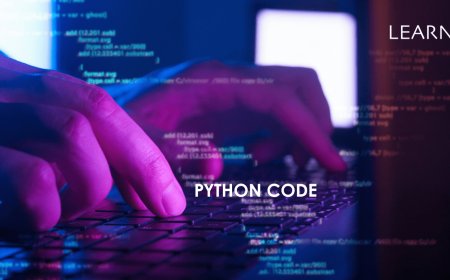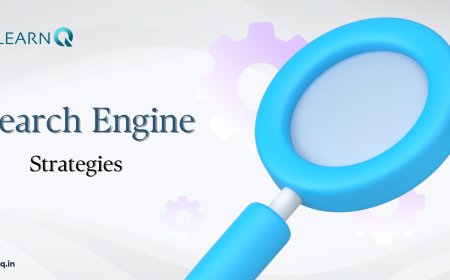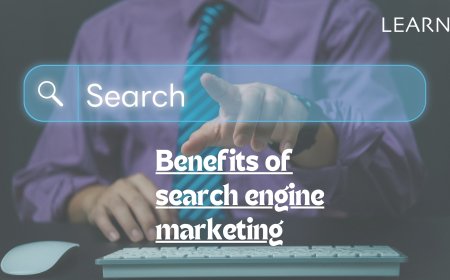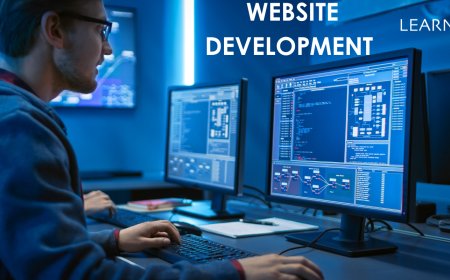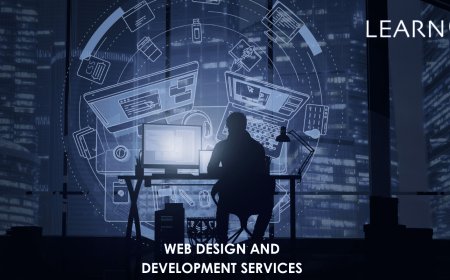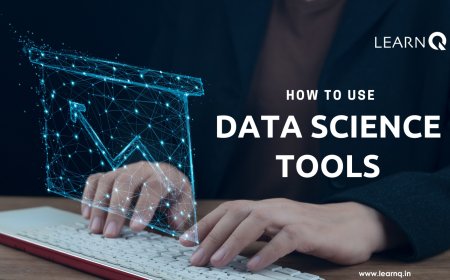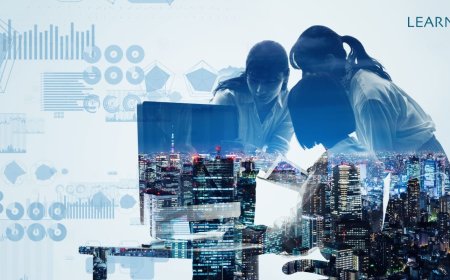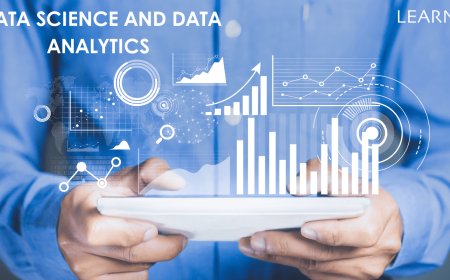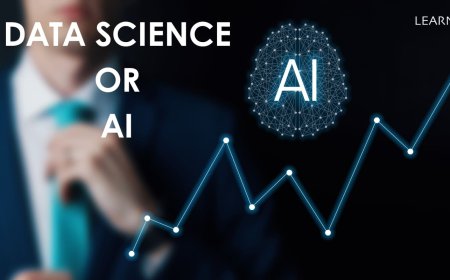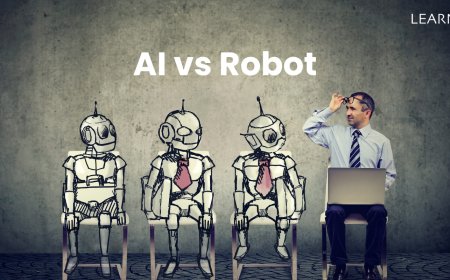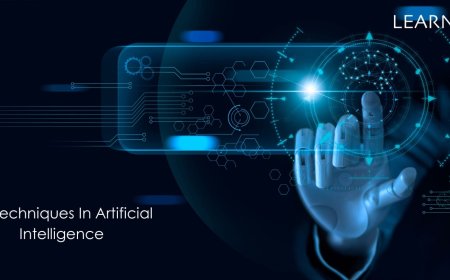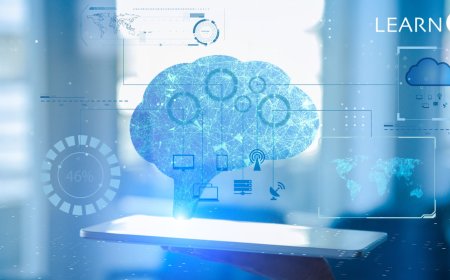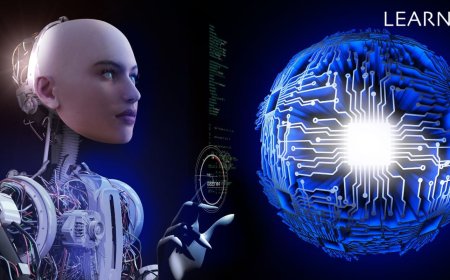Artificial Intelligence (AI) is all about making smart machines that can learn from experience, understand language, recognize patterns, and make decisions on their own. It's like teaching computers to think and act like humans, but even smarter. One important part of AI is machine learning. This is when computers learn from data without being explicitly programmed. They use algorithms and models to analyze big sets of information and make predictions. This helps in fields like healthcare and finance.
Then there's robotics, where AI is used to make robots do things on their own. You might see this in factories or even in self-driving cars. It's all about making machines smarter and more efficient. Deep learning is another piece of the puzzle. It's like teaching computers to think in layers, just like our brains do. This helps them understand things like images, speech, and language. And don't forget natural language processing (NLP). This lets computers understand and talk like humans. Think about virtual assistants like Siri or language translation tools. AI is being used in lots of different areas, from healthcare to entertainment. It's helping businesses work better, solve problems faster, and come up with new ideas. AI is changing the world we live in, and it's only going to get more exciting from here.
Understanding Artificial Intelligence and How It's Used
Technology, it's important to grasp what Artificial Intelligence (AI) is and how it's used in different ways. AI includes things like machine learning, robotics, deep learning, and natural language processing. Machine learning helps systems learn from information and make decisions without needing specific instructions. Robotics uses AI to create, control, and use robots for tasks like manufacturing and healthcare. Deep learning is a type of machine learning that uses neural networks with many layers for more complicated data processing.
Neural networks copy how the human brain works, helping computers recognize patterns and solve complex problems. Natural language processing allows computers and people to use everyday language, making things like speech recognition and translation possible. AI is used in many areas, like healthcare, finance, transportation, and entertainment. In healthcare, AI helps with things like diagnosing, creating personalized treatment plans, and discovering new drugs. In finance, AI analyzes lots of data to come up with trading strategies and detect fraud. It's crucial to understand this variety of AI and its uses to navigate the opportunities and challenges it brings. As AI gets better, keeping up to date and being flexible is important to make the most of what it can do.
The Basics of AI: Understanding the Challenges Ahead
The world of Artificial Intelligence (AI) is like a big puzzle made up of many different pieces. Each piece comes from a different area of study, like computers, robots, and how we understand language. This makes AI complicated to understand.
Here are some of the tricky parts:
1. Different Fields Coming Together: AI isn't just one thing. It's a mix of different areas like machine learning, robots, and how computers understand language. Understanding all these different parts can be tough.
2. Things Change Fast: AI is always getting better and changing. What we knew about it last year might not be true anymore. Keeping up with these changes is hard work.
3. Thinking About Ethics: AI is used in important areas like healthcare and finance. But sometimes, using AI in these areas can bring up ethical questions. We need to make sure AI is fair and doesn't make biased decisions.
4. Needing Lots of Data: AI needs a lot of information to learn and make decisions. However, getting and using this data can be tricky. Sometimes it's not very good quality, or it might not be safe to use because of privacy concerns.
5. Making Sense of AI: Even though AI can do amazing things, sometimes it's hard for us to understand why it makes certain decisions. This can be a problem, especially if it's used in important situations where people's lives are at stake.
6. Following the Rules: As AI gets used more and more, there need to be rules to make sure it's used safely and fairly. But making these rules can be tough because AI is always changing.
How can we handle the future of AI when it's so complicated?
Figuring out where AI is going means we need to think about ethics and be careful with how we develop it. First, we should get different kinds of experts together, like tech people, ethicists, and policymakers, so we cover all the angles. Then, we need rules and laws to make sure AI is fair and respects privacy. We've got to find the right balance between making cool new stuff and making sure it's safe. It's also important to teach people about AI so everyone understands what's going on. And it's not just a local problem we need to talk to other countries about how we handle AI together. If we do all this, we can make AI work for everyone without causing too many problems.
Getting Started with the Basics of AI Development
Technology, Artificial Intelligence (AI) is like the solid ground we build amazing inventions. As we move ahead, it's important to know what lies ahead and the challenges we might face. Here are some important things to think about:
1. Understanding the Basics: AI involves different areas like teaching computers to learn, understanding languages, and making robots. Knowing these basics well is important for anyone getting into AI.
2. Thinking about What's Right: With AI getting more powerful, we need to think about what's right and fair. Developers need to make sure AI is fair and clear and doesn't favor one group over another.
3. Keeping Data Safe: AI needs good data to work. It's really important to make sure the data is good quality and that people's privacy is protected.
4. Working Together: AI is a mix of lots of different areas like computers, math, and how people think. Working together with people from different fields helps come up with better ideas.
5. Always Learning: AI is always changing with new ideas coming up all the time. Developers need to keep learning and adapting to keep up with the latest.
6. Being Responsible: When we use AI, we need to think about how it might affect everyone. Developers need to think about any risks and make sure they don't cause any harm.
7. Following the Rules: As AI gets used more, there are rules to make sure it's used safely and fairly. Developers need to know about these rules and follow them.
8. Including Everyone: Different people have different needs. It's important to make sure everyone's included when making AI. Having a diverse team helps come up with better ideas.
Artificial Intelligence (AI) is important for our technology nowadays. It's like the foundation that everything else is built on. AI includes things like machines learning stuff, robots, deep learning, and computers understanding human language. These are the basic building blocks that help machines learn, think, and interact with us. AI has gone from just an idea to something real that affects lots of industries. Because of AI, machines can do things better, help us make smarter choices, and work with us in cool ways. As AI keeps getting better and more common, we need to remember how important these basic ideas are. With more research, development, and thinking about ethics, AI will keep making amazing progress. This means we'll see even more cool stuff happen and have lots of new chances to do great things.
